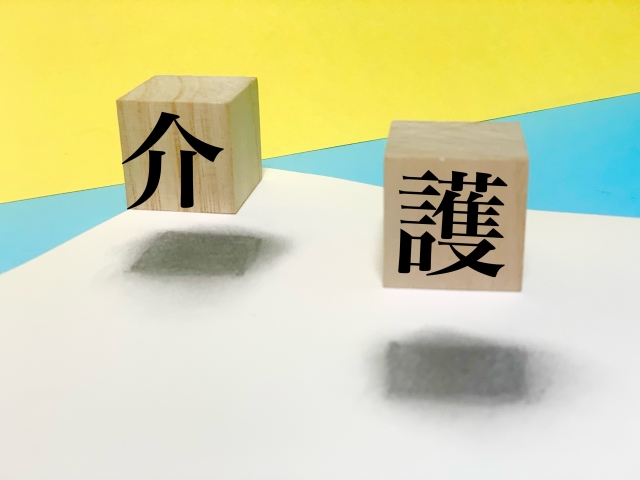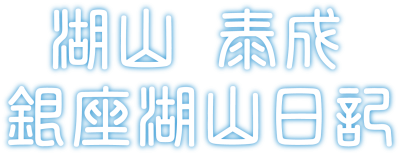Nursing care is a culture

Nursing care is culture.
The first time I realized this was 30 years ago.
A number of health care facilities for the elderly have been established in the Tohoku region.
I sent a new employee from Tokyo to the facility in Yamagata for nursing care training.
I believe he was a counselor.
But the young man came back in less than three months.
When I went around the houses in the countryside, I couldn’t understand the language of the elderly users at all.
No way, I replied, even though I had enough meetings with the local staff.
But eventually, even the foolish me realized.
The staff spoke in standard Japanese and Tokyo dialect only when I was there.
How arrogant he must have been.
Nursing is a culture.
Local history, climate, customs, customs, food ingredients, dialects, everything, the lifestyle and culture of the region.
If the rice, miso, and soy sauce are not local, they won’t suit your taste.
What about nursing technology?
Technology should be universal.
However, there are too many differences between Northern Europe and Japan, where it is not uncommon for people to weigh over 150 kilograms.
As for eating habits, in nursing homes in Sweden, there are coffee times with cookies and cakes many times a day.
Even the staff laughed when they got fat.
Nursing care is the life culture of the country itself.
I took young people to Sweden and went to study tours more than 10 times, but I never went to learn technology.
No matter which country you go to, you will notice that the life of the elderly in Japan is different.
Knowing this made me realize that in Japan, I have to provide nursing care that Japanese people do.
I believe that the Technical Intern Training Program started with training and education at manufacturing plants.
However, agriculture and technology may be completely different depending on the country.
The weather, the soil and the water are completely different.
Greenhouse cultivation and agricultural factories may be possible.
The Technical Intern Training Program may not have been suitable for nursing care.
There was also a lack of preparation and a lack of understanding on the receiving side.
Koyama G has many technical intern trainees and specific skilled workers from Asian countries.
There is no doubt that they are becoming practical on-site capabilities.
But before that, let them know about Japan itself, the Japanese lifestyle and culture.
Learn Japanese, interact with Japanese people, and warm up friendships.
Increase the number of Japanese fans.
By doing so, we will increase the number of people who have a good understanding of Japan by having them return to their home countries.
Therefore, we will actively accept international students from universities.
Koyama G’s wish is to hold the Koyama Care Society with those people throughout Asia.
For that reason, from this week, an inspection team of doctors and nurses from Koyama G is going to a university in Vietnam.
A signing ceremony with the university is scheduled for today.
Before long, a nurse from that university came to study at Koyama G on an internship.
We also have a scholarship system and would like to contribute to the 50th anniversary of the restoration of diplomatic relations between Vietnam and Japan.
Local newspapers and TV stations are also planning to cover the event.
I will attend online from Ginza, but it will be a historic day.
It will be a project to decorate the 40th anniversary of Koyama G.
Only 2 hours time difference.
Both Vietnam and Japan are hot.
I’m hotter
Pulse oximeter 98/98/99
Body temperature 36.1 Blood sugar 161
Desire to lose weight in summer
CEO, Yasunari Koyama
